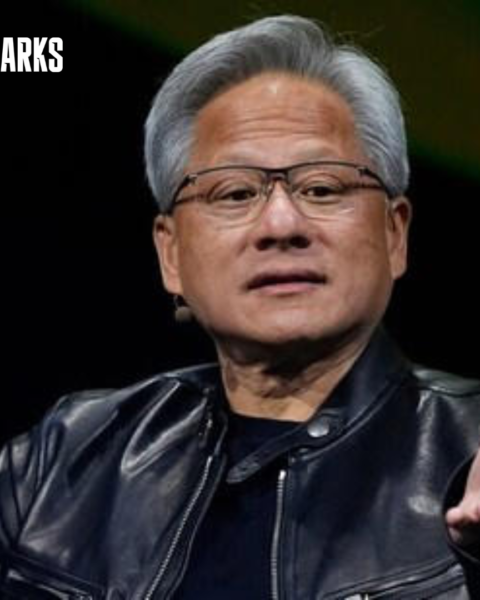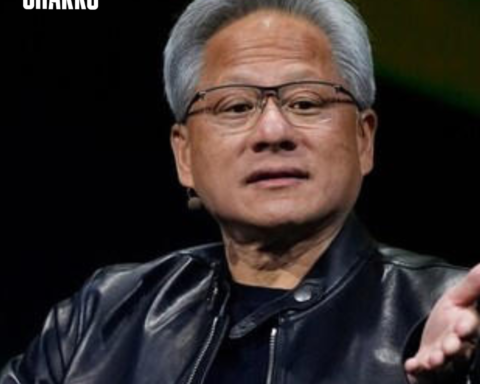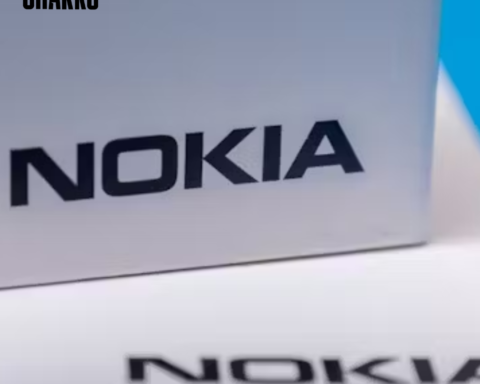Nvidia Develops AI Chips for China Amid U.S. Export Controls
NVIDIA is building a version of its flagship AI chips exclusively for the Chinese market, geared to comply.

Nvidia, a leading AI chip manufacturer, is developing a version of its flagship AI chips specifically for the Chinese market, designed to comply with U.S. export controls.
This move follows the unveiling of its “Blackwell” chip series in March, which is set for mass production later this year. The B200 chip, part of this series, offers a 30-fold performance increase in specific tasks, such as chatbot responses, compared to its predecessor.
Collaboration with Inspur:
To facilitate the launch and distribution of the new chip, tentatively named the “B20,” Nvidia will collaborate with Inspur, a major distributor partner in China.
While the sources of this information preferred to remain anonymous due to the lack of an official announcement, both Nvidia and Inspur declined to comment when approached.
Impact of U.S. Export Controls:
The U.S. government tightened export controls on advanced semiconductors to China in 2023 to prevent technological advancements that could bolster China’s military capabilities.
In response, Nvidia has tailored three chips specifically for the Chinese market to navigate these restrictions. This adaptation is crucial as Nvidia seeks to maintain its market share against Chinese companies like Huawei and Enflame, which have been gaining traction in the AI processor market.
Market Dynamics and Sales Performance:
China’s contribution to Nvidia’s revenue has declined from 26% two years ago to around 17% in the year ending January, largely due to U.S. sanctions.
Despite a slow start, sales of Nvidia’s H20 chip in China have grown rapidly. According to SemiAnalysis, Nvidia is projected to sell over one million H20 chips in China this year, generating more than $12 billion in revenue.
Future Outlook and Regulatory Environment:
The U.S. is expected to continue tightening export controls related to semiconductors. There are ongoing efforts to enlist countries like the Netherlands and Japan to further restrict chipmaking equipment exports to China.
Additionally, the Biden administration has preliminary plans to regulate the most advanced AI models, fundamental to systems like ChatGPT.
Recent discussions have also considered measures like the foreign direct product rule, which could allow the U.S. to restrict sales of products made using American technology. This regulatory landscape has caused volatility in global chip stocks, reflecting the market’s sensitivity to these geopolitical developments.
Share This
Tony Boyce is a seasoned journalist and editor at Sharks Magazine, where his expertise in business and startups journalism shines through his compelling storytelling and in-depth analysis. With 12 years of experience navigating the intricate world of entrepreneurship and business news, Tony has become a trusted voice for readers seeking insights into the latest trends, strategies, and success stories.




















